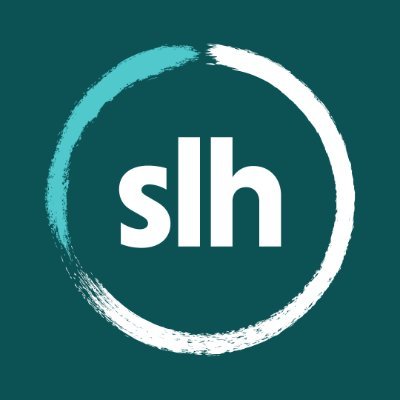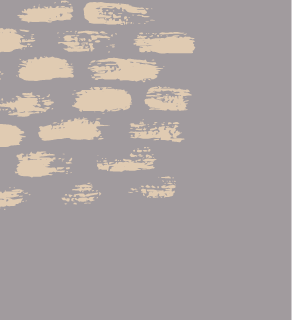In April 2018, we convened the ‘East and Southern Africa Regional Sharing and Learning Workshop on Community-Led Total Sanitation and Rural Sanitation’ (ESA workshop) in Arusha, Tanzania, with support from SNV Tanzania.
The event brought together stakeholders engaged in rural WASH programming from eight countries across the region (Burundi, Eritrea, Ethiopia, Kenya, Malawi, Tanzania, Uganda and Zambia) alongside WASH experts working at regional and global levels.
Over five days participants shared experiences, innovations, challenges and learning, and mapped gaps in knowledge with the aim of improving their capacity and future learning and building consensus on a way forward.
Workshop participants were encouraged to critically reflect and analyse trends within CLTS and to develop their thinking around new approaches to CLTS and rural sanitation, using participatory methods.
We interviewed David, an official from Kenya’s Ministry of Health, working with the WASH Hub.
The issue at hand
The WASH Hub had been grappling with the problem of a poor understanding of equity and inclusion in relation to WASH. Monitoring and reporting tools were inadequate and did not account for marginalised and vulnerable people.
This problem was manifested in many areas being declared open defecation free (ODF) before active efforts to assist the most vulnerable were made. The implication of this was that areas declared ODF were not truly ODF, and the sanitation needs of the most vulnerable members of those areas were not being met.
According to David, the learning brief disseminated after the workshop provided valuable guidance on several hygiene and sanitation challenges that the Kenya Ministry of Health WASH Hub were facing and prompted the WASH Hub to develop a new action plan.
Learning from a key example
The briefing’s key guidance points included Monitoring for Inclusion, with an example from Plan Tanzania:
“Monitoring for inclusion, Gender monitoring: Plan Tanzania has developed a field visit form which collects supplementary information during household follow-up visits on gender, age, pregnancy and number of children. This information is used to identify vulnerable groups and check on progress in these groups, as well as for the targeting of micro-finance and sanitation marketing activities”.
This example prompted David to reflect on how the monitoring and reporting templates being used as part of the WASH Hub’s activities in Kenya were “perpetuating exclusion because the templates did not account for people living in challenging situations”.
Consequentially, David went on to explain, “the WASH Hub has reviewed all reporting forms for collecting data on ODF, and now the number of people in each household monitoring form is disaggregated by gender, children/adult, people with disabilities and pastoralists”.







